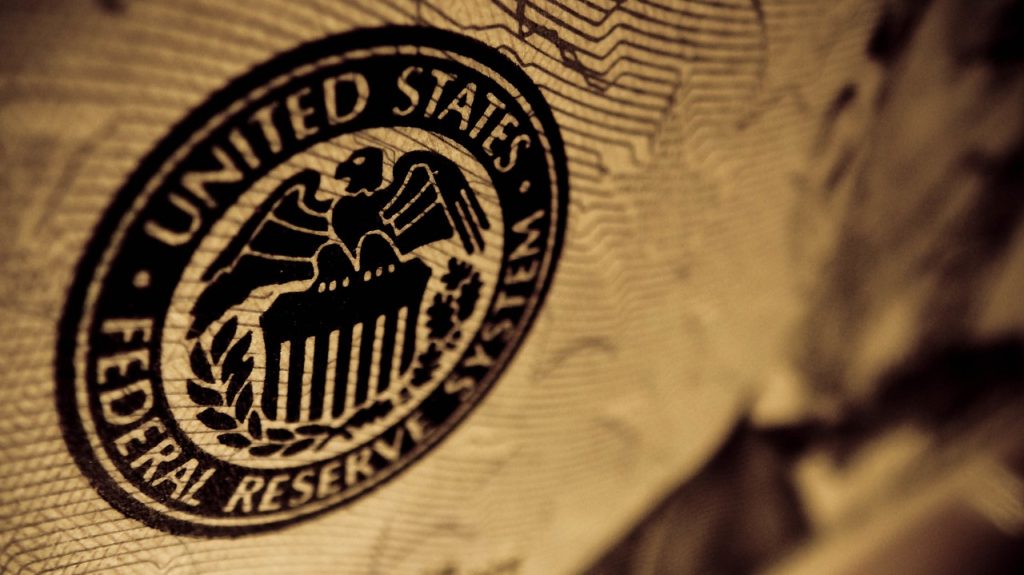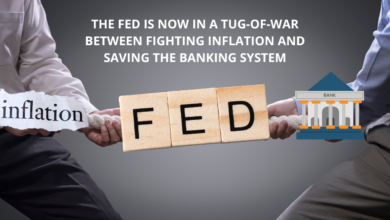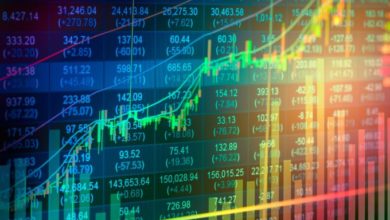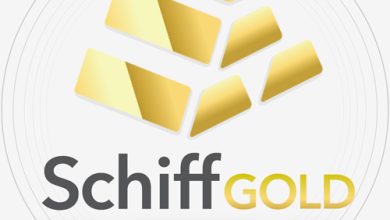Peter Schiff: The Fed Will Raise Rates… Until It Can’t
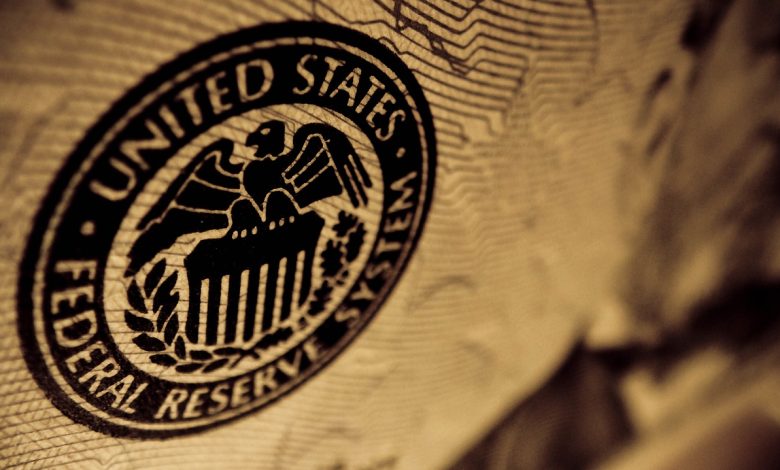
After going from not even thinking about thinking about raising interest rates, to thinking about it, to talking about it, the Fed finally got around to raising rates last week. Peter Schiff called it the most anticipated and probably the least significant rate hike ever. So, what’s next? In his podcast, Peter said the Fed will keep raising rates … until it can’t.
In the past, Peter has said this could be it for hikes. The Fed could be one and done. But the central bank has indicated that it will raise rates six more times this year. In his podcast last week, Peter said there are likely more hikes coming down the pike and the markets haven’t come to terms with how high rates might rise.
So, which is it?
Peter said it will be one-and-done if this first hike causes enough damage to the markets and the economy.
I believe that Powell is very worried about the impact rate hikes might have on the economy and the markets. He may not be forthright about admitting that. But if you read between the lines – and he doesn’t make it that difficult when he talks about raising rates with care and being data-dependent and it’s not on autopilot – if we get a significant reaction between the first rate hike and the second rate hike, there may not be a second rate hike.”
So far, the reaction has been positive. The markets rallied after the hike announcement. If this continues and there is no major economic hiccup, the Fed will almost certainly raise rates again.
The Fed is going to raise rates as many times as it can without hurting the economy, without crashing the markets.”
So, we could have a number of hikes, given that the plan is to only notch interest rates up 25 basis points at a time. But we will eventually get a crash.
At some point, the rate hikes are too many. You get that straw that breaks the camel’s back.”
The Fed is between a rock and a hard place. The central bankers know they need to fight inflation. But they also know that the entire economy is built on accommodative monetary policy. They’re in a corner. They can’t win the inflation fight. And there is no way any of these rate hikes will dent inflation.
So, inflation is going to be here for a long time. And it’s going to keep getting worse. That means the Fed is going to be in a position where it’s forced to continue to raise interest rates until something breaks in the markets and the economy. So, either way, you’re going to lose in the stock market because if it doesn’t crash now, it’s going to crash later.”
The crash is the only thing that will stop rate hikes. Until then, the Fed will keep nudging up rates.
When it happens, the Fed is going to stop hiking. But inflation is not going to go away. Inflation is going to keep getting worse. And then when it stops hiking, it could go from getting worse to getting much worse. We could kick in a whole new gear when it comes to more inflation. Because once we start to really see the negative consequences in the economy and in the markets, I expect not only that Fed will stop hiking rates, but it will start reducing rates.”
Interestingly, while the Fed cut rates, during the week of March 16, it expanded its balance sheet by another $43.6 billion. That pushed the balance sheet up to a new record high of $8.954 trillion.
The Fed hiked rates on Wednesday. But during the week that ended on that same Wednesday, the Fed printed another $43.6 billion and bought more US Treasuries. So in other words, the Fed is supposedly committed to fighting inflation and its hiking rates by 25 basis points in its efforts to fight inflation. Yet during the same week it’s hiking rates, it’s creating more inflation. It’s printing more money. It’s monetizing more government debt. Did it really have to do another 43.6 billion in QE on the very week that it’s hiking rates?”
The fact is the US economy is addicted to low interest rates. Even if interest rates remain relatively low through the hiking process, they won’t be low enough to satisfy that addiction.
The economy is going to start to go into withdrawal. We’re going to start to see the impact of rising interest rates on the economy, of rising bond yields on the economy, on the stock market. And as consumers are struggling with rising prices, now they’re going to be struggling with rising interest rates.”
When you have an economy built on consumers borrowing and spending money, raising borrowing costs takes the juice out of that economy. It will crash. And that’s when the real problems start for the Fed.
In this podcast, Peter also talks about the market reaction to the first hike and comments he made about Ukraine President Zelensky.
Call 1-888-GOLD-160 and speak with a Precious Metals Specialist today!
Buka akaun dagangan patuh syariah anda di Weltrade.
Source link

